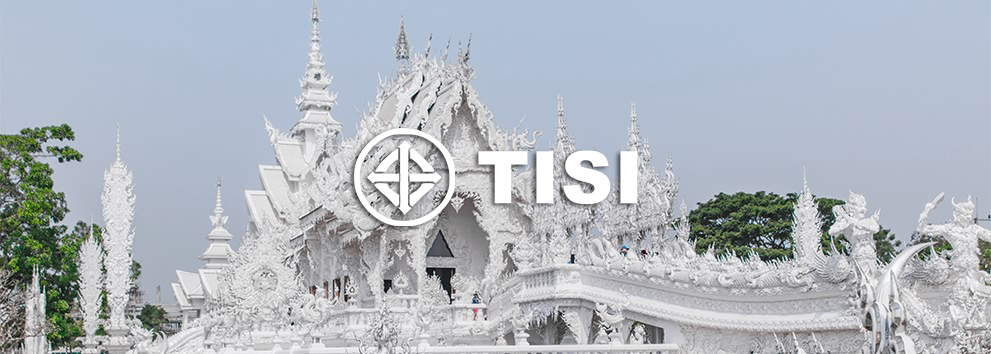Thailand’s Development Roadmap and Policy of Electric Vehicles
Thailand’s Development Roadmap and Policy of Electric Vehicles,
Electric Vehicles,
▍What is TISI Certification?
TISI is short for Thai Industrial Standards Institute, affiliating to Thailand Industry Department. TISI is responsible for formulating the domestic standards as well as participating in international standards formulation and supervising the products and qualified assessment procedure to ensure the standard compliance and recognition. TISI is a governmental authorized regulatory organization for compulsory certification in Thailand. It is also responsible for formation and management of standards, lab approval, personnel training and product registration. It is noted that there is no non-governmental compulsory certification body in Thailand.
There is voluntary and compulsory certification in Thailand. TISI logos (see Figures 1 and 2) are allowed to use when products meet the standards. For products that have not yet been standardized, TISI also implements product registration as a temporary means of certification.
▍Compulsory Certification Scope
The compulsory certification covers 107 categories, 10 fields, including: electrical equipment, accessories, medical equipment, construction materials, consumer goods, vehicles, PVC pipes, LPG gas containers and agricultural products. Products beyond this scope are fall within the voluntary certification scope. Battery is compulsory certification product in TISI certification.
Applied standard: TIS 2217-2548 (2005)
Applied batteries:Secondary cells and batteries(containing alkaline or other non-acid electrolytes – safety requirements for portable sealed secondary cells, and for batteries made from them, for use in portable applications)
License issuance authority: Thai Industrial Standards Institute
▍Why MCM?
● MCM cooperates with factory audit organizations, laboratory and TISI directly, capable to provide best certification solution for clients.
● MCM possesses 10 years abundant experience in battery industry, capable to provide professional technical support.
● MCM provides one-stop bundle service to help clients enter into multiple markets (not only Thailand included) successfully with simple procedure.
In the context of the rapid development of new energy vehicles represented by electric vehicles in the world, many countries have formulate and implemented regulations to encourage and regulate the development of electric vehicles. Southeast Asian countries are in the early stages of their electrification transition. In order to achieve the goal of carbon neutrality, it supports the transition to electrification through various policies,. It also including the automotive industry and the Thai market, which is just beginning to emerge.
Thai government has identified “next-generation vehicles”as a key industry development, and published a series of favorable policies related to electric vehicles, aiming to transform into a important electric vehicle production center in Southeast Asian or the ASEAN region.
In this article, we will introduce the relevant policies and development routes for the promotion of electric vehicles in Thailand.
Thailand’s electric vehicle policy is divided into three phases and is now in its second phase.
Phase 1 (2022): the government will roll out electric motorcycles nationwide and support the development of their infrastructure.
Phase 2 (2023-2025): Increase production in the EVE industry, including batteries and electric vehicles.









